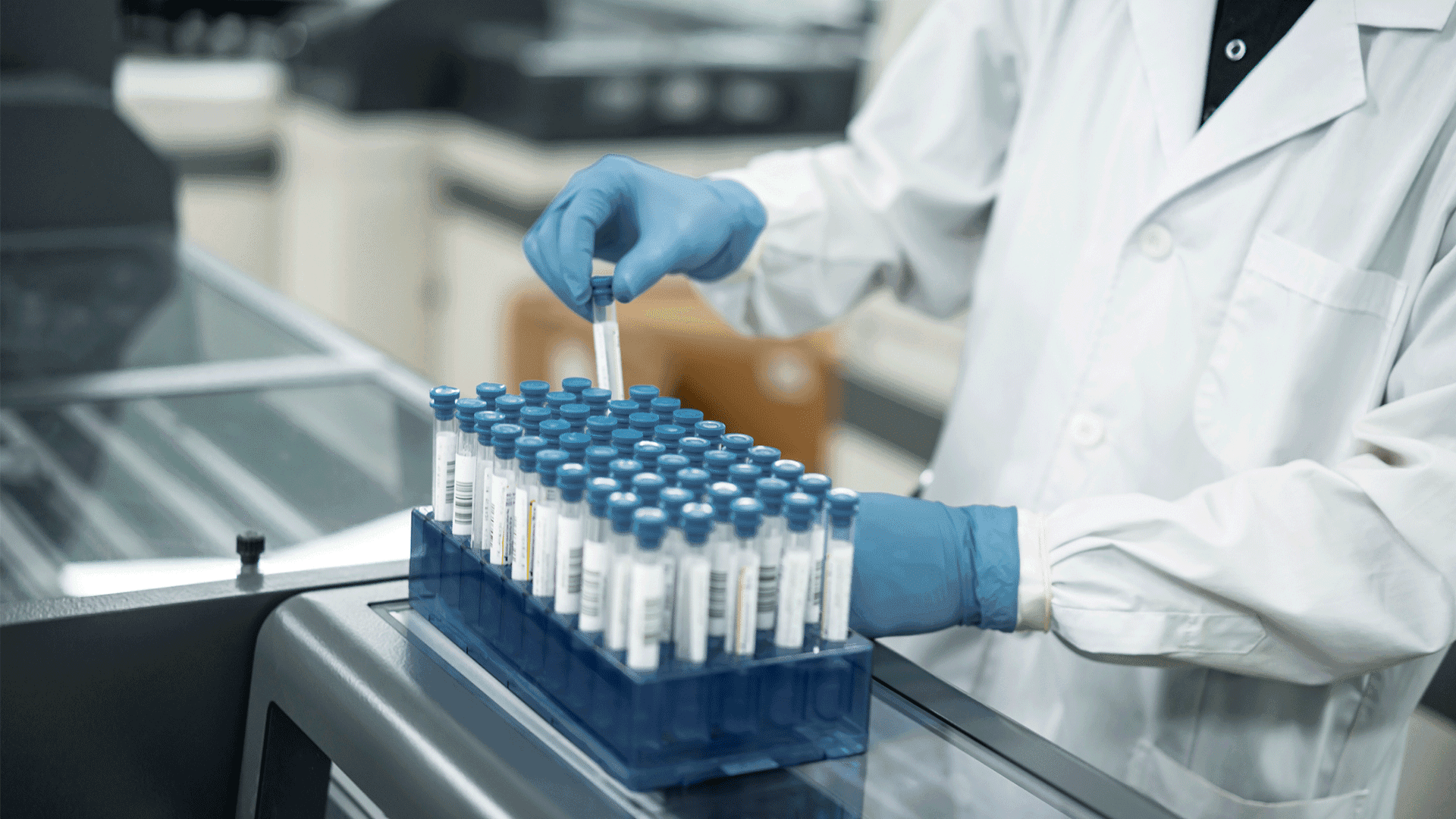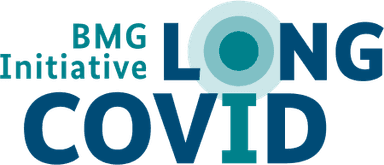Oct 2022 | Robert Koch Institute (RKI)
Sub-project of the research project "Post-acute health consequences of COVID-19" publishes results
The research project "Post-acute health consequences of COVID-19" led by the Robert Koch Institute (RKI), which started in December 2021, has now published its first results.
The project "Post-COVID-19 Monitoring in Routine Health Insurance Data" (POINTED) is coordinated by the Centre for Evidence-based Health Care (ZEGV) at the University Hospital Dresden and the RKI and is part of the research initiative "Post-acute health consequences of COVID-19".
In one sub-project, the researchers analysed data from the statutory health insurance funds (SHI) from January 2019 to December 2020. The researchers identified a total of 157,134 people with a PCR-confirmed COVID-19 diagnosis (including 11,950 children/adolescents and 145,184 adults) and compared them to a control group of people of the same age and gender and with similar pre-existing conditions without COVID-19. They recorded medical conditions documented by a doctor at least three months after the date of COVID-19 diagnosis. These results show that people of all ages are at risk for Long COVID and that the range of health problems varies between age groups.
A limitation of the study is that it is unclear whether the group that developed Long COVID differed from the control group in unobserved characteristics. Thus, it cannot be ruled out that these unobserved characteristics have an influence on the risk of developing Long COVID symptoms.

Robert Koch Institute (RKI)
The Robert Koch Institute (RKI) is a federal institute in the portfolio of the Federal Ministry of Health. The RKI is the central institution of the Federal Government in the field of disease surveillance and prevention and thus also the central institution of the Federal Government in the field of application and action-oriented biomedical research. The core tasks of the RKI include the detection, prevention and control of diseases, especially infectious diseases. It develops scientific findings as a basis for health policy making, advises the responsible federal ministries, notably the Federal Ministry of Health (BMG), and informs the expert public and, to a greater extent, the population at large.
